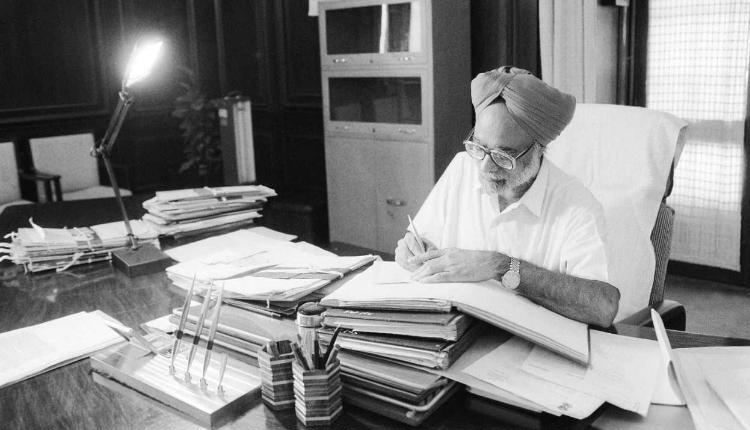NewDelhi: Dr. Manmohan Singh, who led India as its Prime Minister and the country being one of the major reasons, left the world at the age of 92 in the hospital at the All India Institute of Medical Sciences (AIIMS) in Delhi. His journey from a distinguished economist to the highest office in the country marked a significant chapter in India’s economic history.
As a Gah, Punjab-born child (later Pakistan) on September 26, 1932, Singh faced numerous challenges during his life. After his family moved to India during the partition in 1947, he went on to study with exceptional commitment. He finished his bachelor’s and master’s degrees in economics at Punjab University and then got a D.Phil. at Oxford University.
Singh started as a scholar. He was an academic professor and senior lecturer in various institutions. His professionalism attracted the attention of politicians, leading him to high-ranking positions such as Chief Economic Advisor to the government and Governor of the Reserve Bank of India.
In 1991, when there was a serious economic crisis, then-Prime Minister P.V. Narasimha Rao appointed Singh as finance minister. It was a historic turning point for India because Singh initiated the landmark economic reforms that were encouraged by the tourist government and created the way for a rise in foreign investment. His policies turned India into one of the fastest-growing economies in the world.
Dr. Singh was the Prime Minister from 2004 until 2014; that made him not only the first Sikh to become the Prime Minister but also the fourth longest-serving PM after Jawaharlal Nehru, Indira Gandhi, and Narendra Modi. The implementation of various initiatives such as the National Rural Health Mission, the Right to Information Act, and the Unique Identification Authority of India is significant in the achievements of his tenure.
Even though he faced political challenges and accusations during his time as the head of government, including controversies regarding corruption allegations against his government, Singh was still devoted to the prosperity of the nation as he wanted. For instance, he exemplified his skills by leading his country through the worldwide economic crises.
Singh’s regime was instrumental in the establishment of the civil nuclear bond with the United States in 2008, thus cementing India’s presence globally. On the other hand, there were some difficulties his government had to face because of different matters that appeared later in the second term.
Dr. Singh, after his resignation in 2014, decided not to join the upcoming elections but remained a member of the upper house of the parliament (Rajya Sabha) until 2024. Apart from his skills in economics, he would also always be remembered for his humility and his integrity.
Dr. Manmohan Singh’s name will always be attached to his achievements as an economist, and his leadership that changed India’s economy will also be kept in the hearts of many. His demise has caught the attention of political leaders and the general public, who remember him for his great work and leadership in the nation.



Comments are closed.